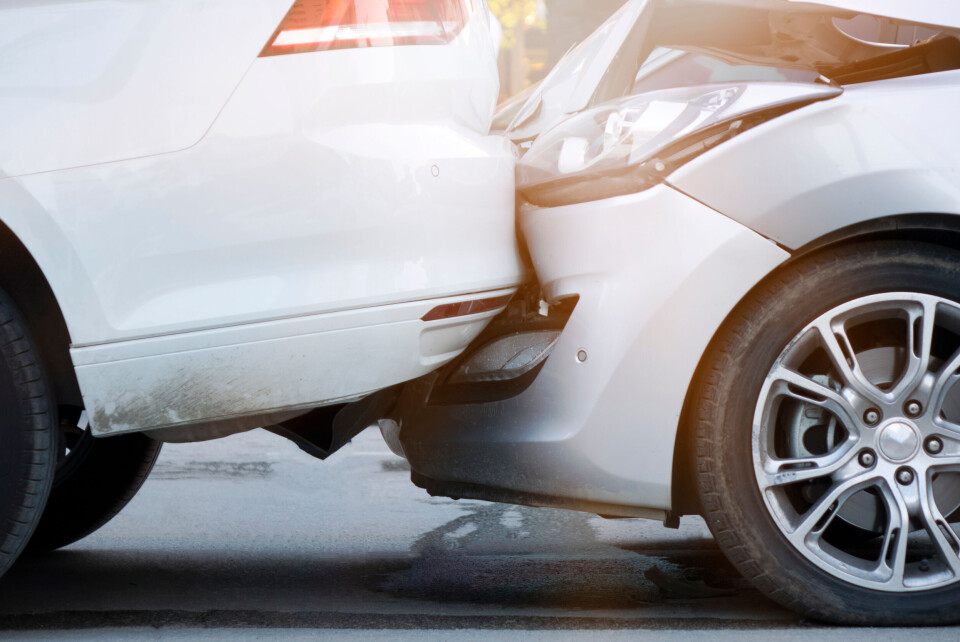-
Explained: how to register a classic car in France
It is relatively straightforward to get a carte grise véhicule de collection for your vehicle
-
How to fit in when you move to France: avoid that ‘expat bubble’
After two decades in central Brittany, Jill Fitzgerald O’Connor wants to help other movers feel part of their new community
-
How to save money on fashion and clothes in France
Growing number of second-hand shops are selling clothes by weight
How to claim back excess from French car insurers after an accident
We explain the criteria and process for excess reimbursements and what to do if the insurer refuses

If you are involved in a car accident, you will usually have to pay a franchise (excess) – the amount the insurer will not pay back for claims – but there are some notable exceptions.
If the excess in your contract is €500 and you claim for €1,200 of repairs to your car, the insurance company will provide €700, leaving you to pay for the rest.
Read more: Who should pay for my car damage caused by a pothole in a French road?
Many French insurers operate a sliding scale of excesses.
If you accept a high excess – €500, for example – you pay less for your insurance than if you have a lower excess.
Three key criteria
In France, there is one general exception to the rule: you do not have to pay the excess if you claim for an accident for which another driver is entirely responsible, identified and insured.
If the three requirements are met, there are two ways of getting insurance companies to pay the excess.
The first is for you to pay the excess to your own insurance company, but claim it back from the insurance company of the driver responsible for the accident.
Legal protection may be included in policy
Alternatively, if you have protection juridique as part of your insurance, you activate it to get your own insurance company to make the claim for the excess from the other driver’s insurance company.
Protection juridique is usually included as part of the package for even the cheapest car insurance from the well-known companies, or alternatively it can be offered as a paid-for extra.
Most insurers in France also offer a separate renseignement juridique service to brief you on your legal options after you have been involved in an accident.
What if you are refused?
If the other driver’s insurance company refuses to pay the excess, your insurer refuses to undertake the procedure to have them pay even though you have protection juridique, or your company undertakes the procedure but the other company refuses to pay, your options are unfortunately limited.
You should open a case as quickly as possible with the médiateur of your own insurance company, a sort of in-house ombudsman.
As well as trying to solve conflicts between clients and the company, the médiateur is also charged with trying to solve conflicts between clients and other insurance companies.
Since 2014, insurance companies have had to have a médiateur, to include their contact details clearly in the insurance documents, and to tell you about the service when you sign the contract.
If you cannot find the médiateur contacts by yourself, your insurance adviser must provide them if you ask.
Related articles
French private speed camera cars caught over 500,000 drivers in 2021
Insurance clarified for self-employed workers in France
Photo: French police stop van carrying everything plus kitchen sink
























